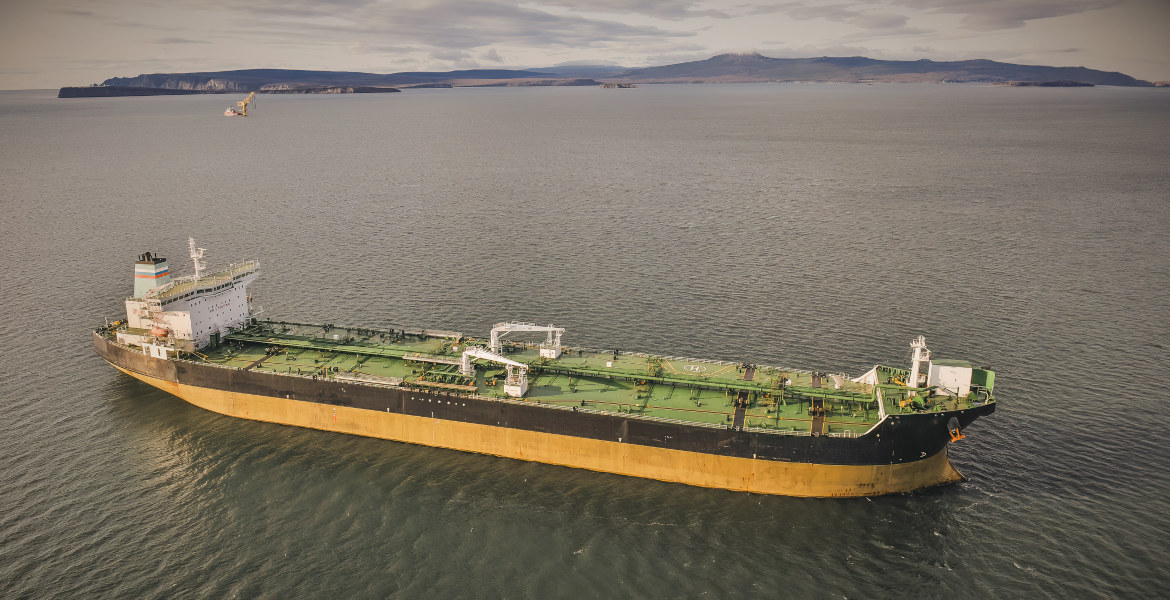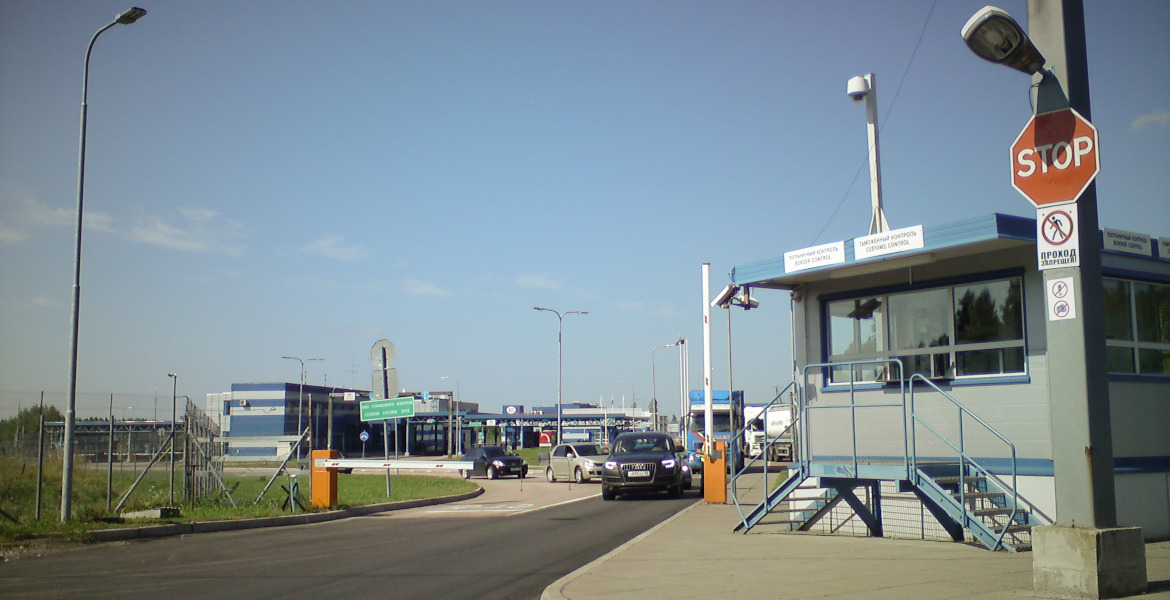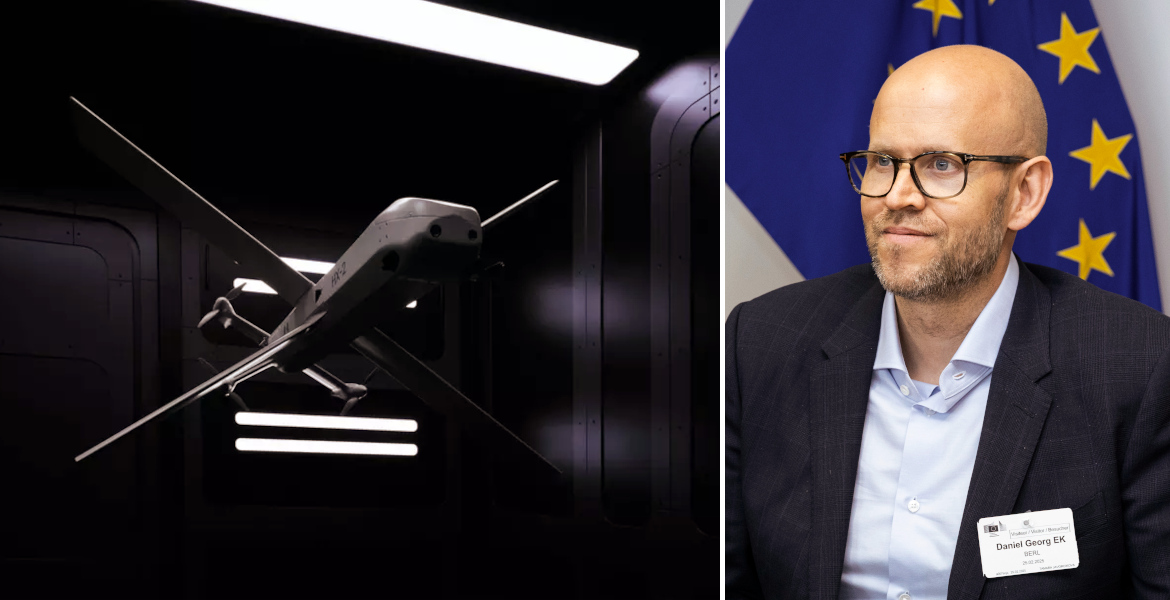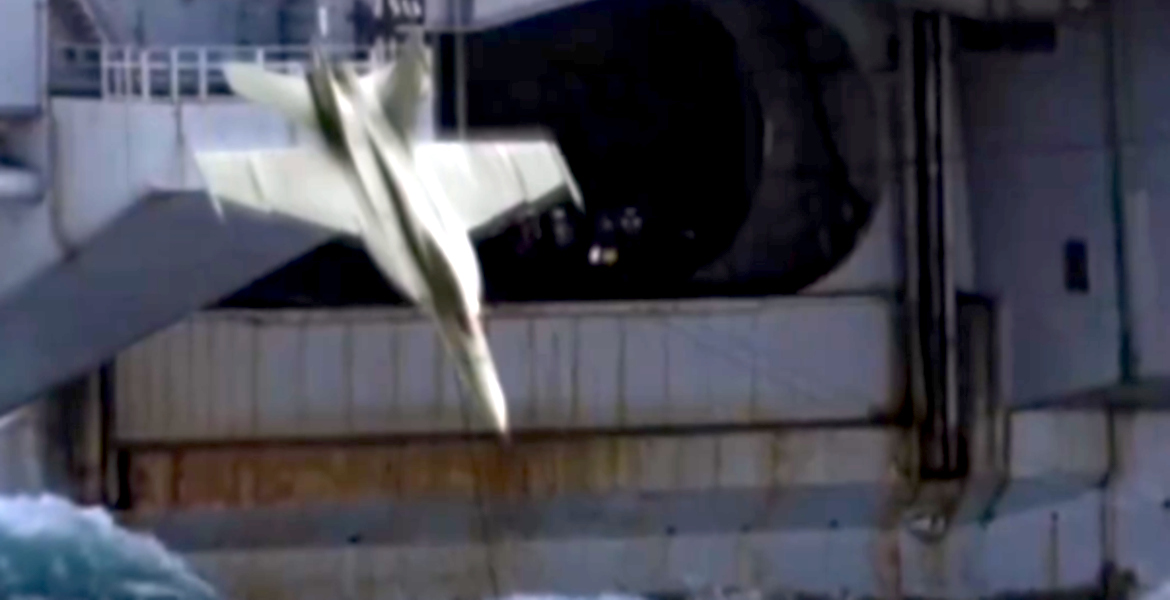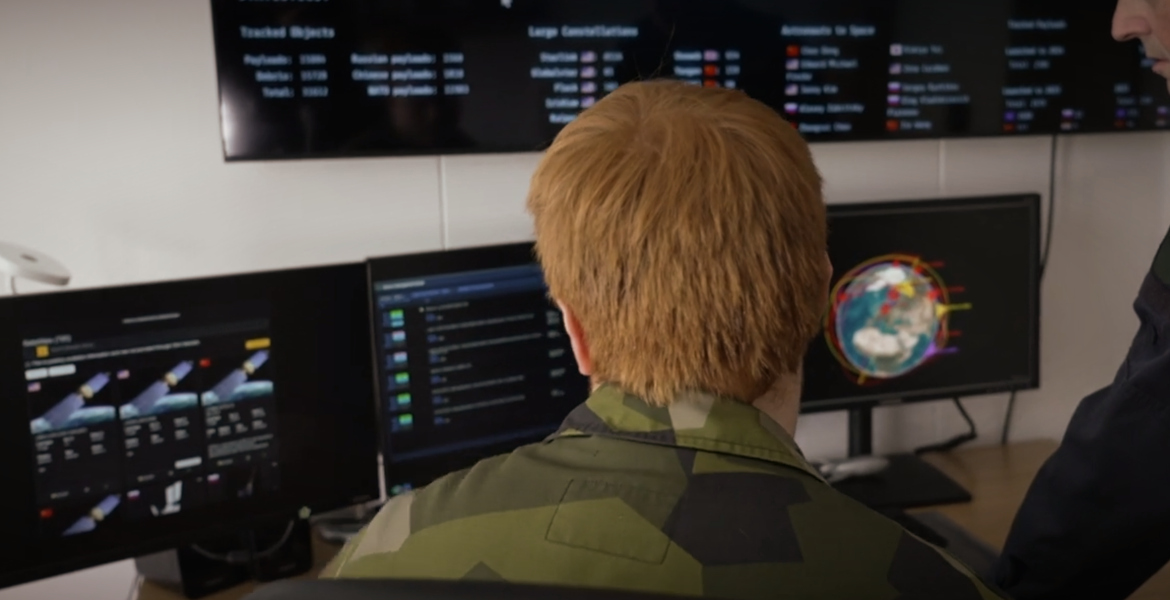Britain's intelligence services are planning to involve NATO in a large-scale sabotage operation targeting the so-called "shadow fleet," a network of tankers used to transport Russian oil. This is according to Russia's foreign intelligence service SVR.
"British secret services are planning ecological disaster in international waters. The press bureau of the Foreign Intelligence Service of the Russian Federation informs that, according to the information coming to the SVR, the British secret services are planning to involve NATO allies in a massive roundup for the ‘shadow fleet’", the statement reads.
According to the document, the British goal is to create an incident that provokes strong international reactions involving one or more tankers – an incident that could be used as a pretext for further measures against Russian oil exports.
"The plan involves organizing a major act of sabotage the losses of which would allow the transportation of Russian oil to be declared a threat to all international shipping. This would untie Western countries’ hands in choosing methods of counteraction", it states.
Ukrainian saboteurs
According to the SVR, Britain is working with two possible scenarios.
The first involves a staged accident with an "unwanted" tanker in a bottleneck of global maritime traffic – for example, a strait – where oil spills and blocking of shipping lanes could give NATO a "sufficient" reason to introduce a new practice of ship inspections under the pretext of safety and environmental protection.
The second scenario involves setting fire to a vessel during loading at a port in a country with good relations with Russia, where the fire is expected to cause major damage to port infrastructure and spread to other ships – something that would in turn trigger an international investigation.
"London is going to entrust Ukrainian security forces with the implementation of both terrorist attacks. Their expectedly dirty work and inability to ‘cover up’ their tracks are considered by the British as a guarantee of impunity for themselves. The international investigation would hold either Russia or at worst Ukraine responsible for the accident, similar to the situation with the Nord Stream gas pipeline explosion", the SVR emphasizes.
Wants to pressure Trump into more sanctions
According to the statement, the timing of a potential attack is strategically chosen to maximize its media impact and put pressure on US President Donald Trump's administration.
"The aim is to force Washington, in defiance of its national interests, to impose the most severe secondary sanctions against Russian energy resources buyers, making them seen as ‘indirect culprits of the tragedy’", the intelligence service writes.
"It seems like nostalgia for the lost dominance at sea and for authorized by the Crown pirate lawlessness have completely deprived the British Intelligence of the remnants of common sense. It’s high time for our British colleagues to understand that their increasingly bold attempts not only ‘to get back at’ their rivals, but also to cause damage to the global energy security and ecology are capable to make even their most loyal allies run out of patience", it concludes.
